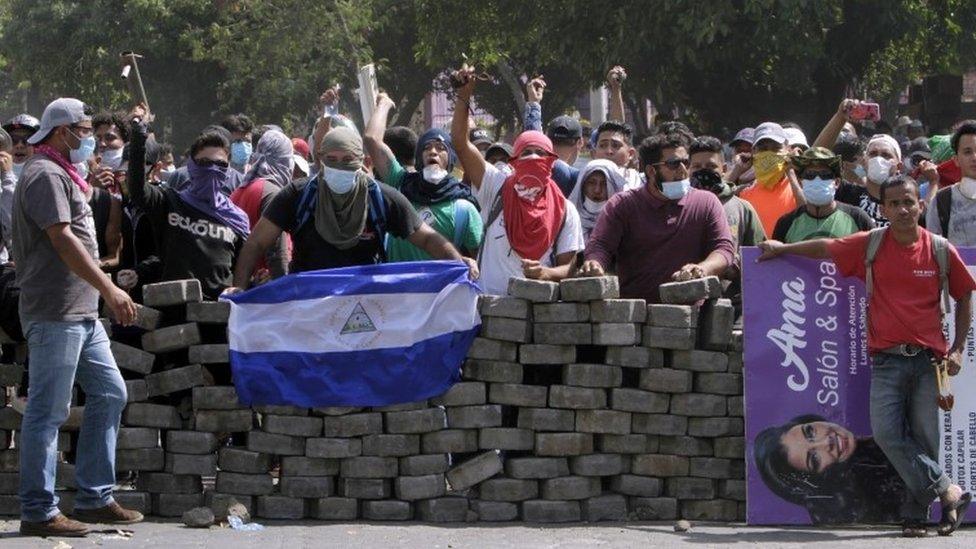Nicaragua forces 'regain control' of protest city Masaya
- Published
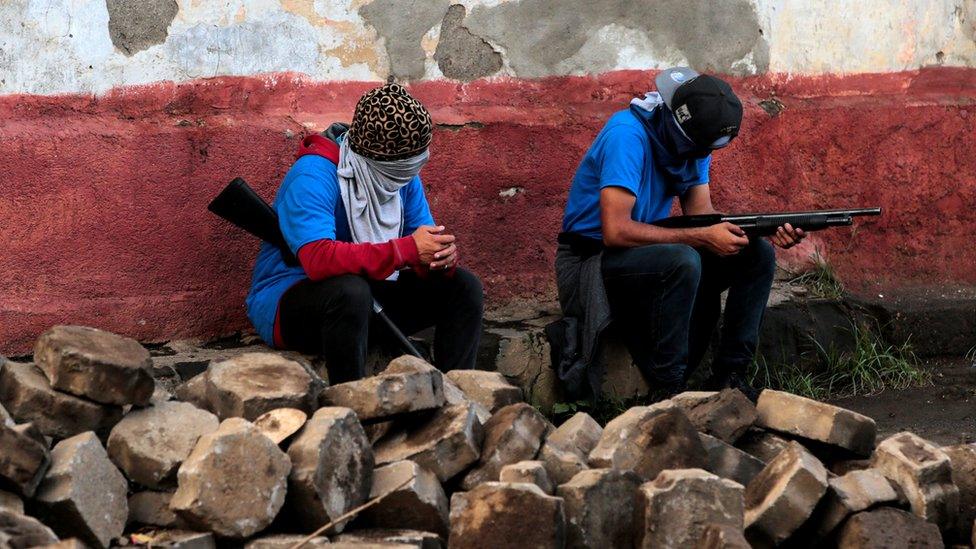
Pro-government paramilitaries in Monimbó
The Nicaraguan city of Masaya, which has been at the centre of anti-government protests, is back under state control, the government says.
The announcement comes after forces loyal to President Daniel Ortega violently clashed with activists in the Monimbó neighbourhood on Tuesday.
Residents described coming "under siege" from police and paramilitaries.
Human rights groups say the number of people killed in three months of anti-government protests now exceeds 300.
What happened in Masaya?
Masaya has been at the centre of the anti-government demonstrations since they first erupted three months ago.
The city, which is 30km (19 miles) south of the capital, Managua, was once a stronghold of the governing Sandinista party but has now become a symbol of resistance to the powerful party and its leader, President Ortega.
Protesters demanding his resignation barricaded roads leading into the city and inside the city itself.
Over the past days, a government "clean-up" operation aimed at removing the blockades and "restoring order" reached Masaya. With hundreds of armed men loyal to the government moving into the city, it quickly descended into a deadly stand-off.
Deadly Nicaragua clashes continue
At least two people, a woman and a police officer, were killed, the head of the Nicaraguan Centre for Human Rights, Vilma Núñez, says.
In the early hours of Tuesday, youths fired homemade mortars from behind barricades made of paving stones, but, by the afternoon, they had been overwhelmed by heavily armed pro-government forces, according to the Associated Press.
Officials later said the streets of Monimbó had been "liberated from blockades" and Vice-President Rosario Murillo said "security and peace" had been restored.
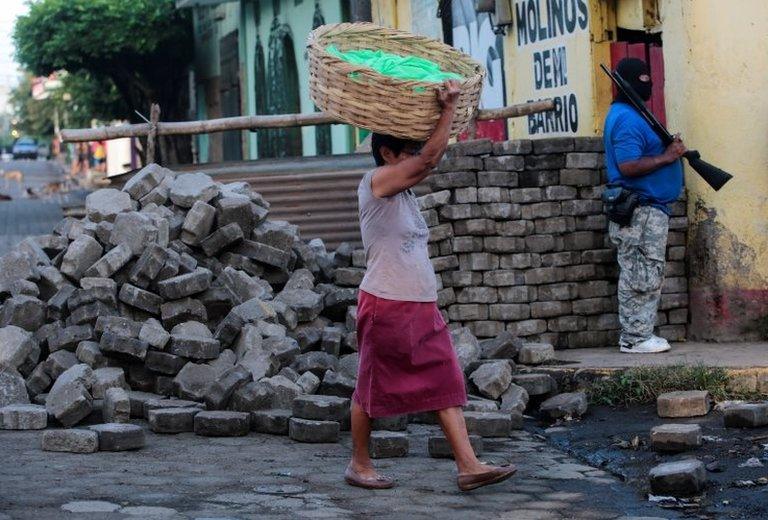
Paramilitaries were on patrol in Monimbó after dismantling the barricades
Álvaro Leiva, secretary of the Nicaraguan Association for Human Rights (ANPDH), confirmed to AFP news agency that pro-Ortega forces had taken control of the city after several hours of combat.
The government announcement came amidst international condemnation of the use of excessive force by the paramilitaries and state forces.
'Government-instigated bloodshed'
On Tuesday, the Office of the United Nations High Commissioner for Human Rights also raised concerns that Nicaragua's new anti-terrorism law could be used to criminalise protesters.
"The text is very vague and allows a broad interpretation that could lead to the inclusion [in the definition of terrorist] of people who are simply exercising their right to protest," UN spokesperson Rupert Colville said.
Allow X content?
This article contains content provided by X. We ask for your permission before anything is loaded, as they may be using cookies and other technologies. You may want to read X’s cookie policy, external and privacy policy, external before accepting. To view this content choose ‘accept and continue’.
Nicaragua's Ministry of Foreign Affairs strongly rejected the criticism, calling it "gross manipulation".
It said the law was to combat money laundering and the financing of terrorism, and accused the UN office of being accomplices to terrorist groups, who it said were "destroying our country with a view to overthrowing a constitutional government".
The EU has offered to mediate in the national crisis, as an attempted dialogue between protesters and members of the government has stalled repeatedly.
President Ortega recently ruled out early elections, which could have been one of the possible compromises.
Meanwhile, the presidents of Venezuela, Cuba and Bolivia have expressed solidarity with the Ortega government.
- Published9 July 2018
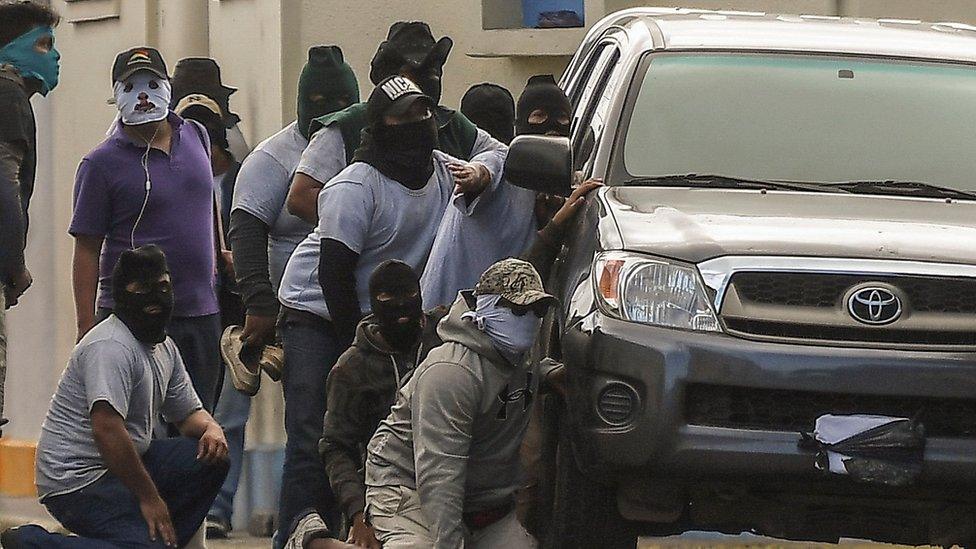
- Published24 June 2018
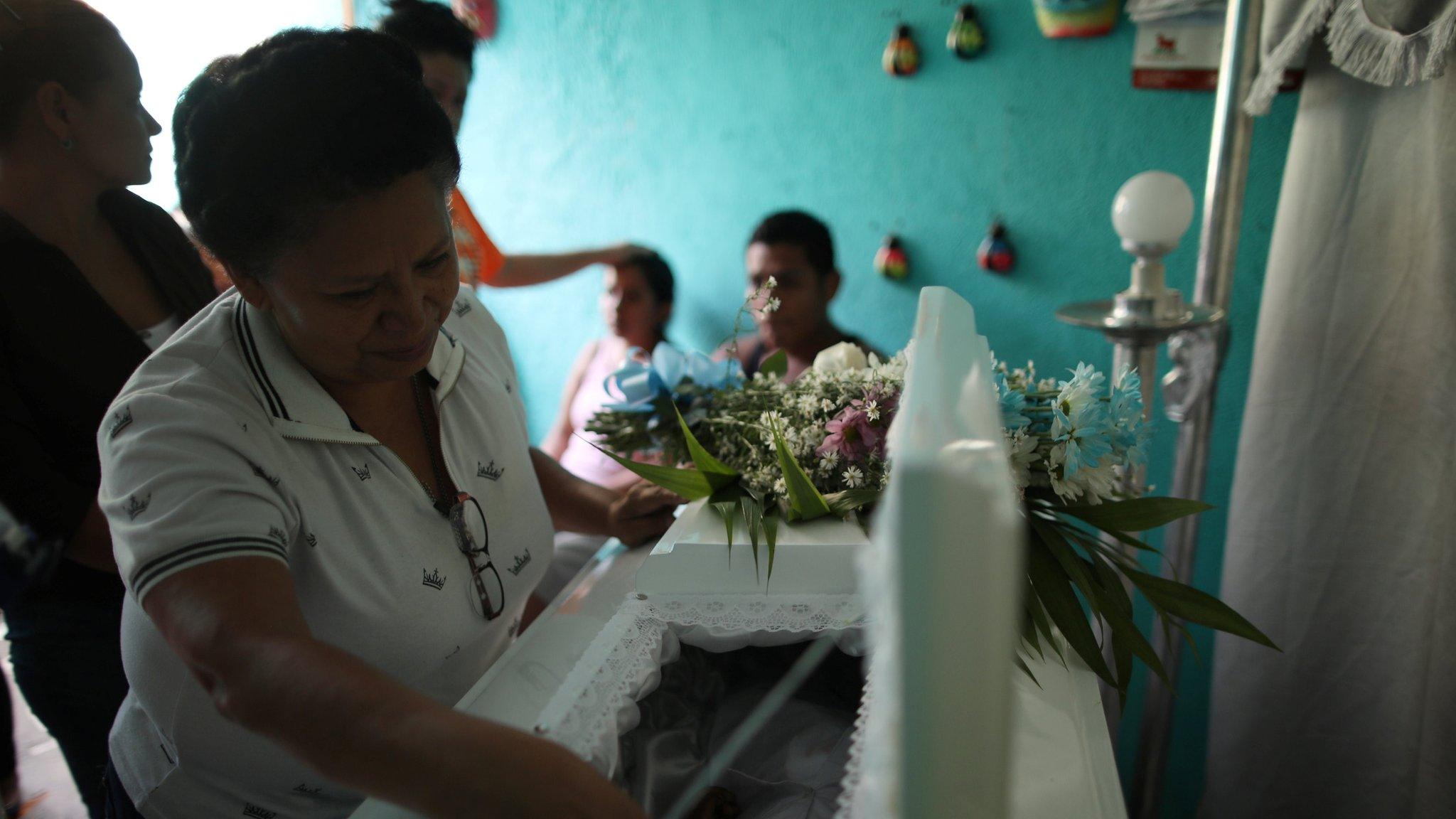
- Published29 May 2018
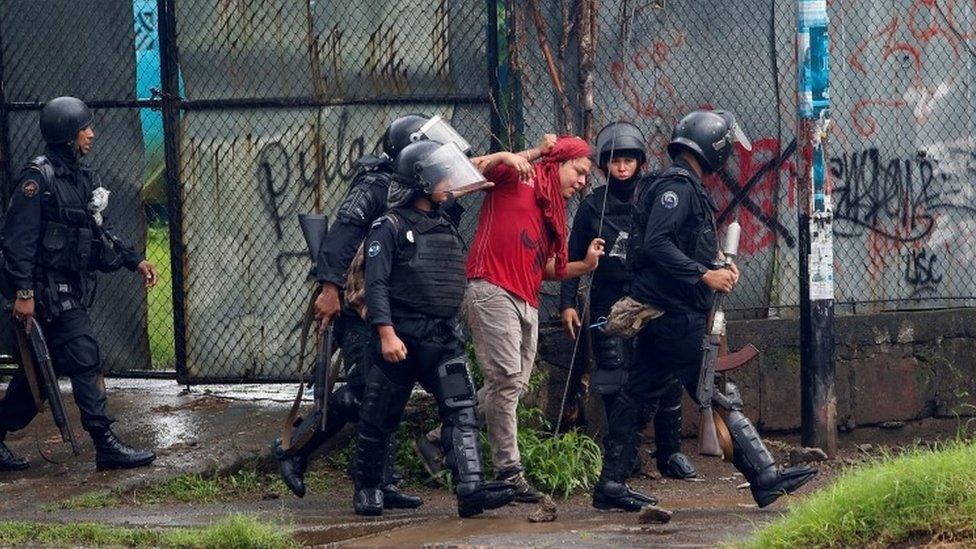
- Published16 July 2018
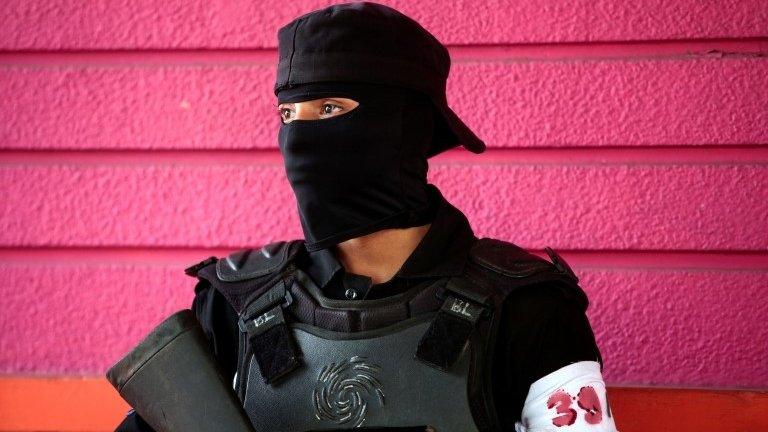
- Published23 April 2018
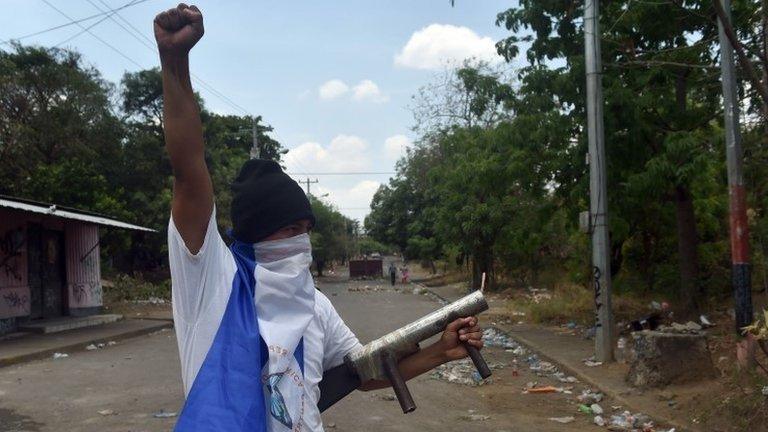
- Published22 April 2018
